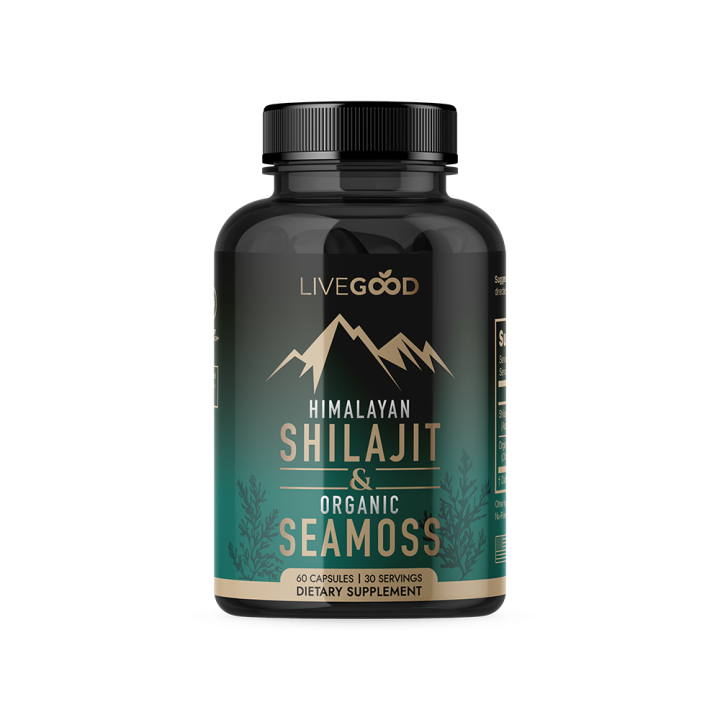This Blog Post is now in the queue for publishing as requested.
Depending on transfer load expect completion in around 15 minutes or 60 minutes if it has just been published by the owner.
This Blog Post has been removed from the queue for publishing as requested.
Could anyone better describe the effects of medicinal herbs and medications than those who have experienced them themselves? Immerse yourself in the world of personal experiences of patients and experts and be inspired by their insights and teachings. Re
Posted by
Otto Knotzer on April 07, 2025 - 10:46am
Are there interactions between medicinal herbs and medications?
In the world of health and medicine, medicinal herbs have a long tradition as natural remedies, while medications have become an integral part of modern pharmacology. But how do these two approaches interact, and are there possible interactions between medicinal herbs and medications? This question sheds light on the complex relationship between natural and pharmaceutical therapies and highlights the importance of a comprehensive approach to healthcare. In this article, we will provide an overview of potential interactions, important medicinal herbs, influencing factors, avoidance strategies, and recommendations for the safe use of medicinal herbs and medications.
# Introduction to medicinal herbs and medications
## Importance of medicinal herbs in naturopathy
When it comes to medicinal herbs, many people think of fragrant teas or witches from old fairy tales. But medicinal herbs actually play an important role in naturopathy. For centuries, people around the world have relied on the healing power of plants to relieve ailments and support health.
## Role of Medications in Modern Medicine
On the other hand, medications play a central role in modern medicine. From antibiotics to painkillers, pharmaceutical preparations have saved lives and alleviated suffering. But what happens when medicinal herbs and medications meet?
# Overview of Potential Interactions
## Definition and Types of Interactions
Interactions between medicinal herbs and medications can be diverse. They range from enhanced or reduced effects to undesirable side effects. It is important to understand these interactions to protect health.
## Factors Influencing Interactions
Various factors can influence interactions between medicinal herbs and medications. These include, among others, dosage, timing of administration, and individual differences in the metabolism of active ingredients.
# Important medicinal herbs and their possible interactions
## Common medicinal herbs and their uses
From chamomile to St. John's wort to ginger, the list of medicinal herbs is long and diverse. Each herb has its specific uses and effects. But what happens when they come into contact with medications?
## Examples of known drug interactions
Some medicinal herbs, such as St. John's wort, can affect the effects of certain medications. For example, taking St. John's wort can reduce the effectiveness of blood thinners or antidepressants. It is important to keep such potential interactions in mind.
# Factors influencing interactions
## Individual differences and genetic predispositions
Every person is unique, and this also applies to the tolerance of medicinal herbs and medications. Genetic predispositions can play a role in how the body reacts to certain substances. Therefore, it is important to consider individual differences.
## Influence of dosage and timing of administration
The dosage of medicinal herbs and medications, as well as the timing of their administration, can be crucial when it comes to potential interactions. Precise coordination can help avoid unwanted effects and achieve the best possible results.
Avoidance Strategies and Safety Information
Guidelines for the Combined Use of Medicinal Herbs and Medications
When it comes to combining medicinal herbs and medications, it's important to follow clear guidelines. Before taking both at the same time, be sure to consult your doctor. Inform them about all medications and medicinal herbs you are using to avoid potential interactions.
Important Safety Information for Consumers and Professionals
Trust is good, but control is better—especially when it comes to your health. Make sure you use only high-quality medicinal herbs and be aware that even natural products can have unwanted effects. If you have any concerns or notice any unusual symptoms, seek medical advice immediately. It's better to be safe than sorry!
Case Studies and Experience Reports
Real-Life Examples of Interactions and Their Effects
You never stop learning—especially when it comes to the interactions between medicinal herbs and medications. Learn more about specific cases where these interactions have led to unexpected results. These examples can help you identify and avoid potential pitfalls.
Could anyone better describe the effects of medicinal herbs and medications than those who have experienced them themselves? Immerse yourself in the world of personal experiences of patients and experts and be inspired by their insights and teachings.
Recommendations for the safe use of medicinal herbs and medications
Tips for minimizing risks when combining medicinal herbs and medications
Caution is the mother of all caution – especially when it comes to combining medicinal herbs and medications. Learn how to minimize the risk of adverse interactions and what simple steps you can take to stay safe.
Recommendations for a holistic and coordinated treatment plan
The key to successful treatment often lies in a holistic approach to the patient. Discover recommendations for a coordinated treatment plan that effectively combines medicinal herbs and medications to achieve optimal results for your health. Finally, it is important to emphasize that combining medicinal herbs and medications presents both opportunities and risks. A conscious and informed approach can minimize potential interactions and enable holistic treatment. Therefore, always consult your doctor or pharmacist before combining herbs and medications to ensure the best possible treatment for your health.
Otto Knotzer


